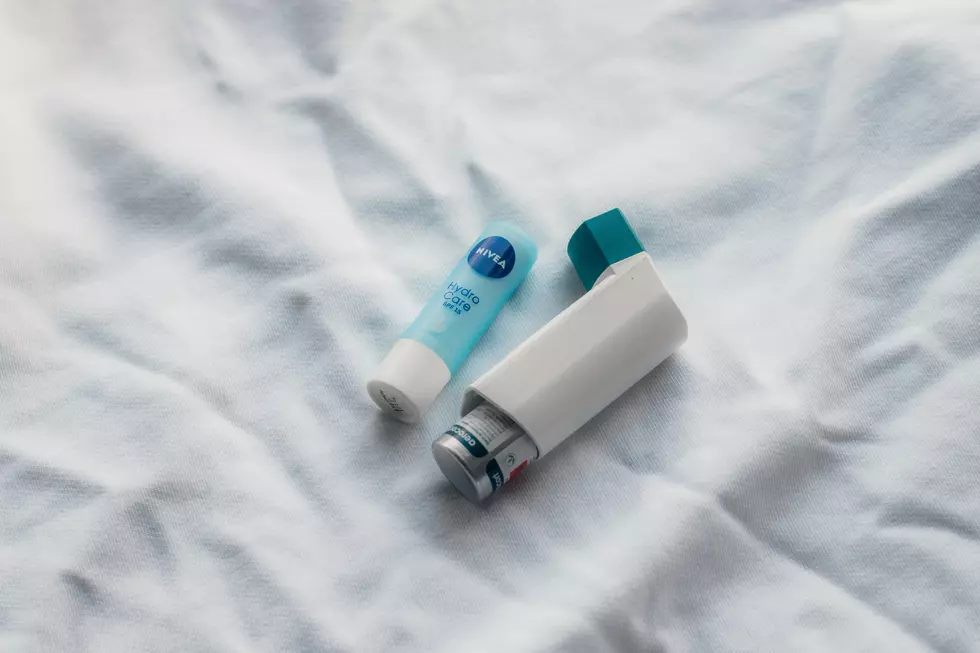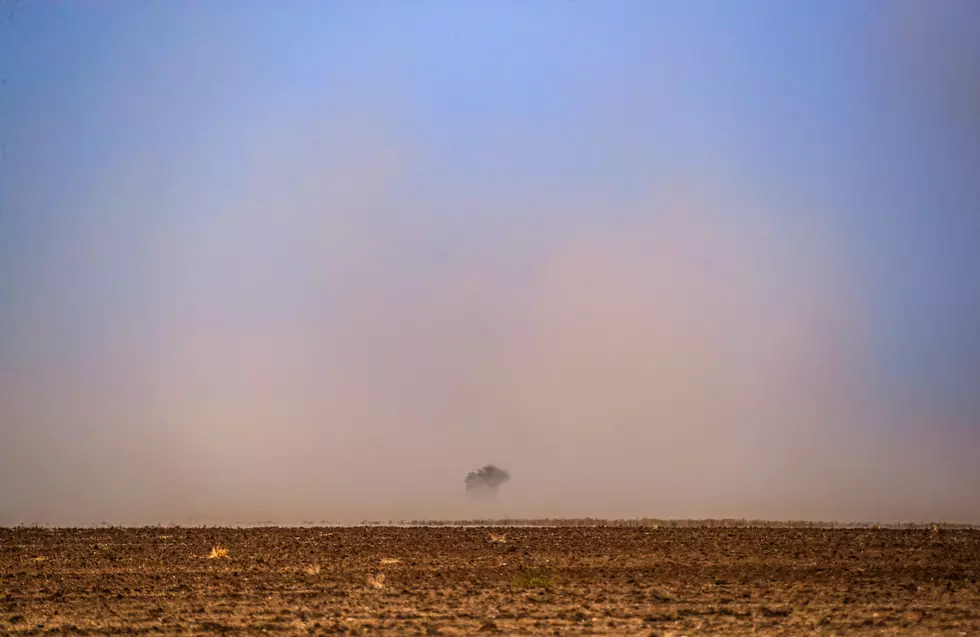
Allergies or Asthma in Lubbock? The Difference Can Impact Your Kid’s Future
With the drought in Lubbock worsening and no rain in sight, many folks are feeling the impact of this dry weather on their respiratory health. This is only exacerbated by the fact that there are Red Flag Warnings in the forecast and we are entering into the peak of spring allergy season.
For parents of young kids, determining the root cause of their child’s runny nose, cough and breathing issues can become quite the conundrum. However, determining this diagnosis can make a colossal difference in their future health.
What's the Difference Between Asthma and Allergies?
Board certified Allergy, Asthma, and Immunology specialist Dr. Goutam Shome with Covenant Medical Group notes that while symptoms can start out the same, once these problems migrate from a child’s head to their chest, it is imperative that you talk to their doctor.
“Let's say you have an allergy in the nose and sinuses. That is not a life-threatening disease, but 20 to 40 percent of patients will develop asthma if you don't take care of it early enough. If asthma is left untreated, that can be a life-threatening issue,” he stated.
The Mayo Clinic defines asthma as “a condition in which your airways narrow and swell and may produce extra mucus. This can make breathing difficult and trigger coughing, a whistling sound (wheezing) when you breathe out and shortness of breath.” Conversely, an allergy is your body’s immune reaction to a substance that it's hypersensitive to that may not affect others.
Allergy symptoms can be as basic as a runny nose, itchy eyes and sneezing. They also can be much more serious, mirroring the symptoms of asthma. That's why it's so important that you speak with your child’s physician about these problems if they become more prevalent.
Causes of These Conditions
Dr. Shome notes that both of these conditions can be triggered by the same factors – most readily pollen, dust, indoor mold, pet dander and dust mites. Unfortunately, we live in a region that's highly susceptible to some of these elements. Additionally, he notes that “the other problem is that this pollen travels long distances. The wind in particular, brings stuff that is not really abundant here, but we get it from everywhere else. So you're not going to hide yourself from those pollens just because you live a little farther away from them.”
This can make it hard for parents to diagnose the problem since the environmental causes can come from hundreds of miles away. This is where an allergist can help. If your child is having mild symptoms that are only impacting them once a week or a handful of times each month, see if an antihistamine will help. Your pediatrician should be always be consulted about the type and dosage before administering any medication. However, if your child is having more frequent attacks or severe symptoms, a timely intervention is imperative.
“If you don't treat asthma early enough and adequately enough, it leads to what we call remodeling or irreversible changes," he stressed. "So if you are thinking ‘my child is young, his asthma will go away,' that is the time that you should be treating them aggressively so that they don't lose their lung function. If you compromise [this], it leads to scarring, and that child will grow up as an adult with impaired lung function."
Treatments & Home Remedies
If over-the-counter antihistamines don’t work, your child’s pediatrician may prescribe nasal sprays or even allergy shots. For those with asthma, these remedies can help if symptoms are triggered by allergens. However, unlike allergies, asthma can also be brought on by exercise and environmental causes like pollution and chemical fumes as well as other respiratory infections. Thus, avoiding triggers can help.
That's not to say that your kids shouldn’t exercise. It just means that you need to pay attention to all factors when the physical activity causes an attack. Is it exceptionally cold or hot outside? Is the humidity lower than normal? Was there smog or wildfire smoke in the air while they were outside exercising? Pay attention to the big picture, and then try to stay cautious on problematic days.
Moreover, keep your house clean, wash sheets and bedding often, and don’t go in environments where pet dander is prevalent if your child is allergic. Finally, while there are no standardized double blind trials that prove HEPA and home air filters are guaranteed to help, they are shown to diminish irritants in certain situations.
Final Thoughts & Future Forecast
Both asthma and allergies are manageable issues if you take the time to address symptoms in a timely fashion. Thus, pay attention to your child. Ask specific questions when they are feeling under the weather and document these moments if they start to become regular occurrences. Lastly, there is never a wrong question when it comes to your child's health so don't be afraid to talk to their doctor.
On Friday we have another Red Flag Warning in effect until 9 p.m.. That means winds will be strong, our area is at a higher risk for fires starting and there will be more dust and pollen in the air. Relative humidity levels are also expected to be as low as five percent. All of these can be triggers for both asthma and allergies, so if your child suffers from either of these conditions it might be best to stay inside until the weekend.
Baby Names That Are Banned in Texas
The Largest Home For Sale in Lubbock, Texas
More From KFMX FM









